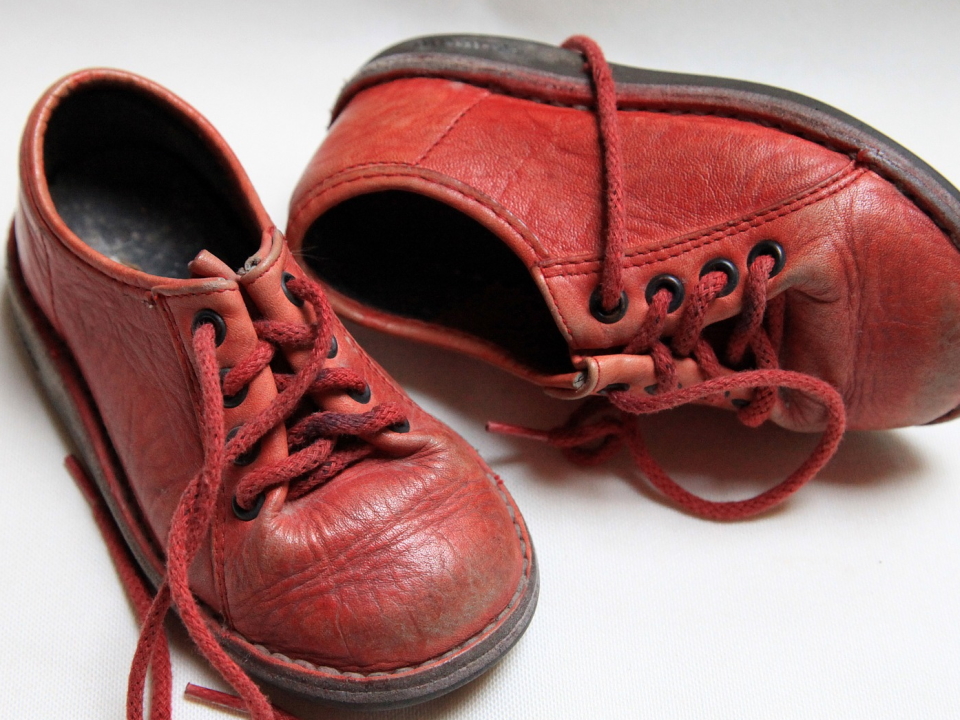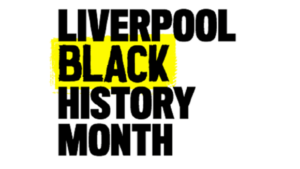

In:Visible Women is a strand of work our Festival began in 2017, to locate and share the stories of Irish and Northern Irish women, to provide space for these to be heard and discussed.
It challenges the notion of the island of Ireland as being a ‘matriarchal state’, by interrogating isolated voices and the systems that have hidden them.
In 2021, we have partnered with National University of Ireland (NUI) Galway -and particularly the Tuam Oral History Project that is being run there- picking up on and responding to the Mother and Baby Homes Commission of Investigation Final Report. Together, we have created a series of six online presentations, which consider the personal stories of those affected and the way artists are working to memorialise those affected and the stories they tell.
Streaming links for each session are available below, but -ikn some cases- only from the times specified, due them premiering then.
This is a long page; please keep scrolling!
Session 1 – 10am: Mother and Baby Homes Commission – see and bear witness
In January 2021 the Final Report of the Mother and Baby Homes Commission of Inquiry was published. It has received significant criticism from survivors, advocates, academics and many others. An expert discussion panel discuss the context, terms of reference, impact and legacy of the report.
Panellists include Rosemary Adaser (founder and former CEO of the Association of Mixed Race Irish), Teresa O’Sullivan (Tuam Home Alliance), Dr Mairead Enright (University of Birmingham and Northern/Irish Feminist Judgments Project) and Dr John Cunningham (Co-Director of the Irish Centre for the Histories of Labour and Class and lecturer in History, NUI). It will be chaired by Dr Sarah-Anne Buckley (Co-Director of the Irish Centre for the Histories of Labour and Class, and Co-Principal Investigator for the Tuam Oral History Project).
Session 2 – 11am: Tuam Oral History project – hear and listen
This session was due to be streamed live from Galway. However, following significant and damaging cyber-attacks on the University -and a need to build a safe space in which survivors can speak- we used the event time to record a private session, which we had intended to broadcast at 11am, Mon 8 Nov 2021. However, as the ongoing effects of the cyber attack continue to cause issues for the University and digital production, this has not proven possible. Broadcasting the film at 11am on Mon 22 Nov 2021 allowed time for participants to reflect on their contributions before adding them, safely, to the In:Visible Women day sessions. We are sorry for the inconvenience.
Flexibility is a mainstay of oral history collection. Keeping survivors safe and confident in the process is critical. As this session was to consider the way in which survivor memories are collected, collated and stored, it has been important to flex around the cyber-attacks and people’s access to safe technology.
The interviews consider survivor testimony and the curation and presentation of these by the Tuam Oral History Project. Mary Cunningham (Tuam Oral History Project) discusses the ethical and practical issues surrounding the taking of testimonies, whilst others discuss their curation in the library’s digital archive. A number of contributors offer their views on the process and the project.
Putting survivor needs first and enacting our learning via practice means whilst we are sorry for the delay, we trust audiences will recognise that building safe spaces takes responsible custodianship.
We would like to add, for those survivors speaking here and others around the world: We see you. We hear you. We believe you.
If you would like to dip in to the Tuam Oral History Project‘s podcast series, there are three episodes you could tune in to, totalling roughly an hour’s worth of listening. You can access them here.
Session 3 – 12pm: Ireland XO – locate and learn
Ireland XO is Ireland’s national archive for ancestry. With a membership of over 140,000+ members, from across the world, the repository allows you to search over 160,000 messages, add to the chronicles archive and search for your ancestry. Ireland XO provide free genealogy advice and allow you to leave information for future users to search. The recorded session (below) from 2020 is an advisory session on using the service, telling a few Liverpool specific stories along the way.
For local examples of how the archive works, use this link, which has links to records on Kitty Wilkinson, Agnes Jones and Michael James Whitty.
Session 4 – 1pm: Nochtaithe – interpret and express
Nochtaithe (meaning ‘unveiled’) is an artistic response to the survivor testimonies gathered and archived as part of the Tuam Oral History Project at NUI Galway. Students, in collaboration with theatre lecturer Dr Miriam Haughton, drew from the survivor testimonies as core material to devise a selection of scenes, further contextualised by the various institutional histories in Ireland. Nochtaithe features performance, dance and movement, poetry, performance art, installation, music, digital media, audio extracts from survivors of the Tuam institution, interviews with historians Dr Sarah-Anne Buckley and Dr John Cunningham, and archivist Dr Barry Houlihan. A live performance of Emer’s Dream -by celebrated Irish musician Colm Mac Con Iomaire- features alongside a guest performance by acclaimed Irish poet and novelist Elaine Feeney.
Nochtaithe was made with the support of the Tuam Home Alliance and we would like to acknowledge their generosity and courage in sharing their life stories with us.
Session 5 – 2pm: Nochtaithe – reflect
Members of the Tuam Home Alliance and the theatre students involved in making Nochtaithe reflect on the experience of creating this work, and, what it means in terms of understanding the past, particularly for future generations.
Knowledge of the history of Mother and Baby Institutions in Ireland, and indeed the wider framework of institutions, can be limited. By creating this type of learning experience at degree level, students had a unique opportunity to discuss, share, and learn from the first-hand accounts of those who experienced these institutions.
Nochtaithe facilitates intergenerational dialogue, which acknowledges the harrowing experiences of survivors and their families, while also suggesting there is potential for social and cultural transformation through listening to others, through education, and, by carefully confronting a shared past fractured by trauma.
Session 6 – 3pm: Caillte – hope
In 2018-19 Clara Kerr -whilst studying choreography at Liverpool Institute of Performing Arts (aka LIPA)-devised a dance work called Caillte (‘lost’ in Gaeilge). It was a direct artistic response to Clara’s hearing Catherine Corless’s investigations explored on radio, whilst at home in Belfast, that generated the work. The Festival featured the work at part of the Tate Exchange programme in #LIF2019. Unbeknownst to NUI Galway, their response was also dance and movement related. In this interview, Dr Miriam Haughton interviews choreographer and dancer Clara, to discuss how the works developed, the processes engaged and the stimuli shaped their work, along with convergence ideas and aspirations for the work. A short film of the piece will be shared.
♀️🔱
We are proud to state this event is linked with Black History Month and the Cuture Liverpool programme.
Original event took place 25 Oct 2021.

Back to All Events
